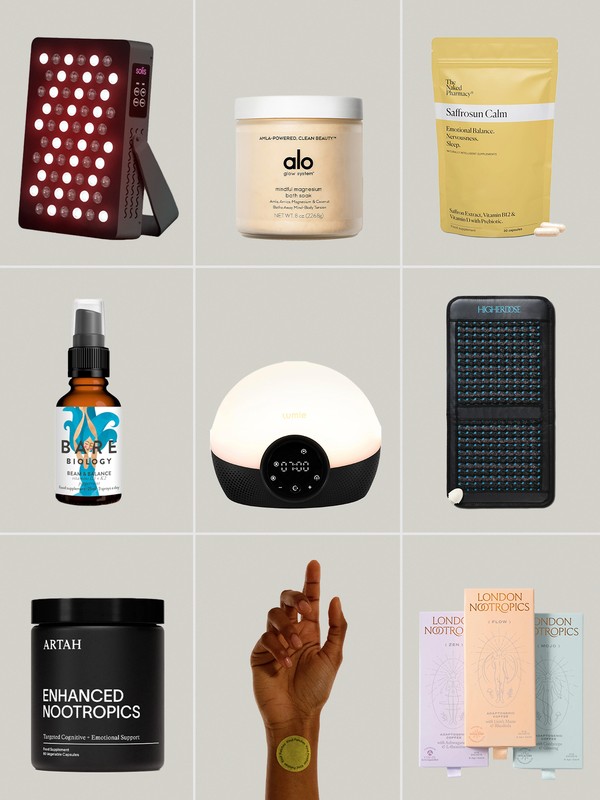Here’s What You Need To Know About Urine Infections
First of all, what exactly is a UTI?
A urinary tract infection is believed to be caused by bacteria entering the bladder through the urethra and can occur for a number of reasons. It can result from: not emptying your bladder fully when urinating, wiping back to front after going to the toilet, dehydration and even tampon use. However, hormonal changes such as the menopause or pregnancy can contribute towards the development of a UTI. Oestrogen plays a vital role in the health of the lower genital tract, including the bladder. As oestrogen levels fall, women are more likely to experience UTI.
And what are the symptoms?
The most common symptoms of a UTI are a stinging or burning sensation when passing urine; a need to pass urine frequently and urgently; dark, cloudy or odorous urine; and abdominal or back pain. In some cases, women may experience a fever, temperature or weakness, frequent and recurring UTIs, reduced sex drive and discomfort during sex.
Stinging when passing urine is also a symptom of thrush and chlamydia – however, these are unlikely to be confused as thrush has other common symptoms, including itching and soreness around the vagina and an odourless discharge, while chlamydia, may also result in abnormal yellow discharge, which can have an odour.
Are they common?
Around one in two females endure UTIs, resulting in three million GP visits a year, making it a pretty big problem for women.
Can UTIs be caused by an underlying condition?
Yes. Usually women suffering recurrent infections, have an abnormality within their renal tract. If women get recurrent or prolonged UTIs, there is usually an underlying condition.
Diabetics can also be more prone to UTIs as high blood sugar levels and sugar in the urine can cause them. Plus, their immune systems are weaker, making them more prone to infections. Therefore, it’s important to seek medical advice from a gynaecologist, your pharmacist or visit your GP for further tests and advice.
Can you get a UTI whilst pregnant?
Hormonal changes can contribute towards the development of a UTI, particularly changes to oestrogen levels. Oestrogen plays a vital role in the health of the lower genital tract, including the bladder. Oestrogen levels usually fall around puberty, pregnancy and the menopause. However, if you’re not pregnant or experiencing other life changes, low oestrogen levels could be due to dietary changes, severe weight loss with excessive exercise or even down to your genetics.
If you have a UTI, how should you treat it?
Whether you get a UTI on the odd occasion or are prone to recurrent infections, it’s so important to treat it early, to avoid anything more serious. If left undiagnosed and untreated, UTIs can become very serious. If a UTI continues, the infection can go into the kidneys, causing loin pain and fever.
If you are diagnosed with a UTI, you should drink plenty of water to help flush out the infection through frequent urination. Cranberry juice is also commonly taken as the ingredients in cranberries can make it difficult for bacteria to stick to the bladder wall.
Taking sachets containing sodium or potassium citrate increases the pH of the urine, and alleviates symptoms, especially the stinging pain experienced when urinating. Try CanesOasis UTI Relief often a UTI is just inflammation of the bladder and not a full-blown infection. In some cases, your GP may prescribe antibiotics to clear the infection.
What if you keep getting them?
Yes – if you keep getting UTIs, it may be time to think about which habits are causing the infection and encouraging bacteria to get into the bladder. If you often get UTIs after your period, you may wish to think about other forms of sanitary products, or ensuring your tampons are kept in a clean, safe environment before use.
Does your diet make you more prone to getting them?
Diet can affect your intimate health – high sugar and high acidity (often found in alcohol) can damage your vaginal pH balance.
What can you do to avoid getting a UTI?
If women don’t pass urine after sex, they are more likely to get a UTI. The action of sex means you are more likely to get bacteria into the urethra, whether you use protection or not. The bacteria may then cause a UTI. However, if you urinate after sex, you will flush out bacteria before it takes hold.
Your underwear can be the cause of a UTI, particularly thongs as they can rub against the vulva, and non-cotton underwear is more likely to spread bacteria. Cotton knickers are best for your intimate health since synthetic fibres can contain harsh chemicals, which could irritate the vulva. Plus the dye used in coloured knickers can be an irritant. I always recommend women don’t wear underwear at night – but advise wearing them during the day, as materials in tights and trousers can be harsh on the intimate area.
For more information, visit Adib.co.uk
DISCLAIMER: We endeavour to always credit the correct original source of every image we use. If you think a credit may be incorrect, please contact us at info@sheerluxe.com.






